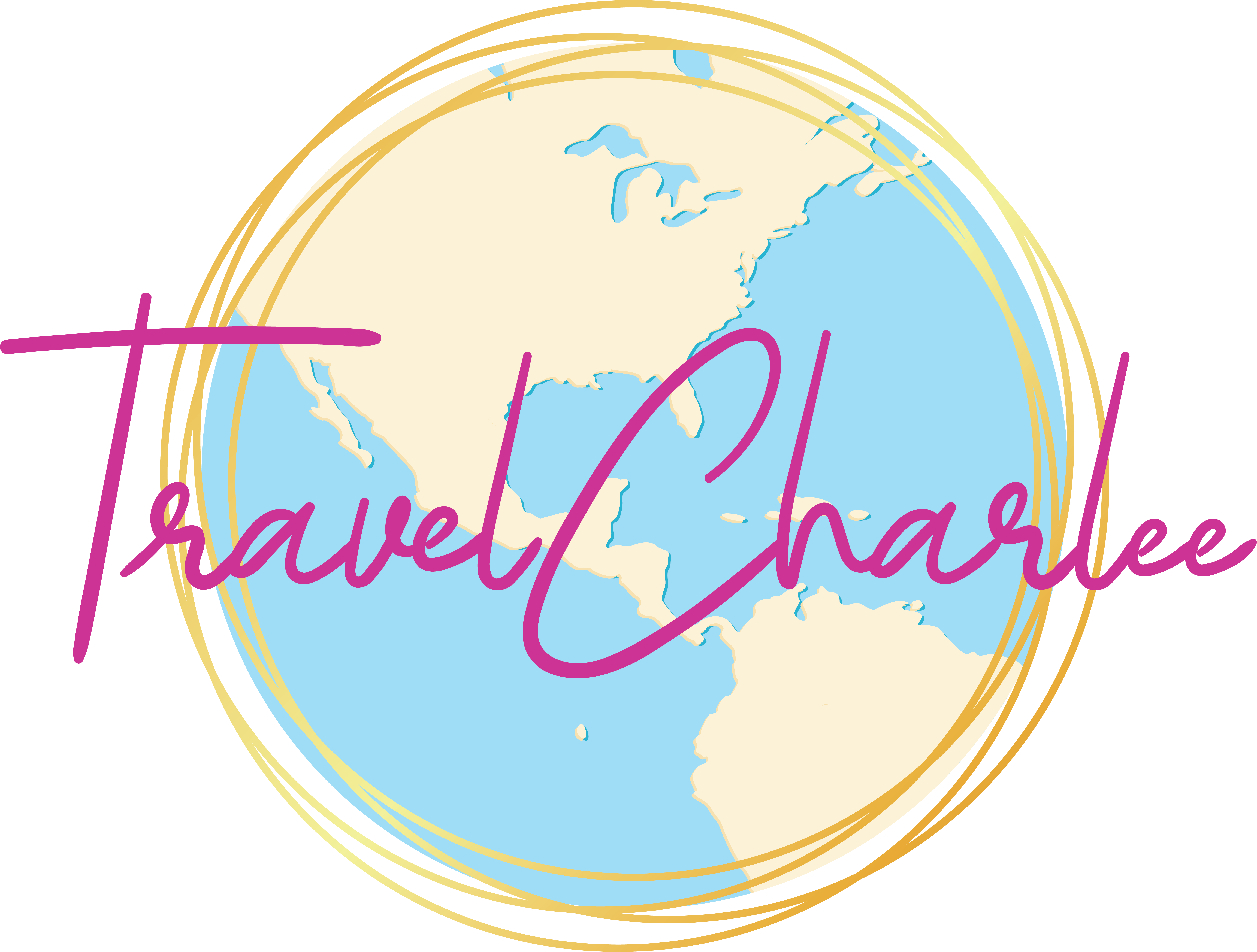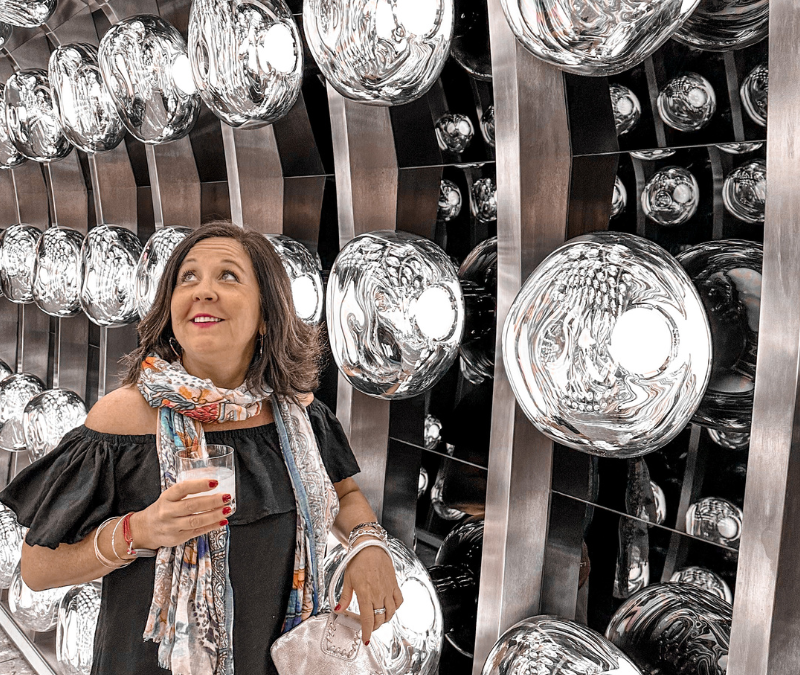Disclosure: This informative travel blog is written by me, TravelCharlee, & all opinions and suggestions are my own. Included are affiliate links, meaning if you you choose to click or purchase, I may receive a small commission.
TO TIP OR NOT TO TIP, that is the question! Confused about how much cash to tip when you travel?
I hear you loud and clear, so I am here to share all the details when traveling across the world.
Do you know where the tipping practice began? It’s said that the origin began in Tudor, England. In medieval times, in a master-serf custom, a servant would receive an extra gratuity when they had an excellent performance of their duties. The practice continued, and in the 1850’s-1860’s it was imported from Europe to America.
NORTH AMERICA:
Transportation: When using a taxi, private car service, or rideshare, it is customary to tip 15-20% of the fare.
Hotel Staff: If you use a porter or bellman upon arriving at the airport or when you arrive at the hotel, $1-$2 a bag is appropriate. It is common practice to leave a small tip for the housekeeping staff, normally $3 to $5 per day. If you are a complete slob, then I suggest a bit more.
Food/Beverage Service: According to the Emily Post Institute, 15-20% is expected when dining at a restaurant or for sit-down service. Similarly, bartenders should be tipped $1-$2 per drink or 15%-20% of your total tab.
Touring: When scheduling an organized tour, $10 to $20 for a tour guide per day and around $5 to $10 for a driver.

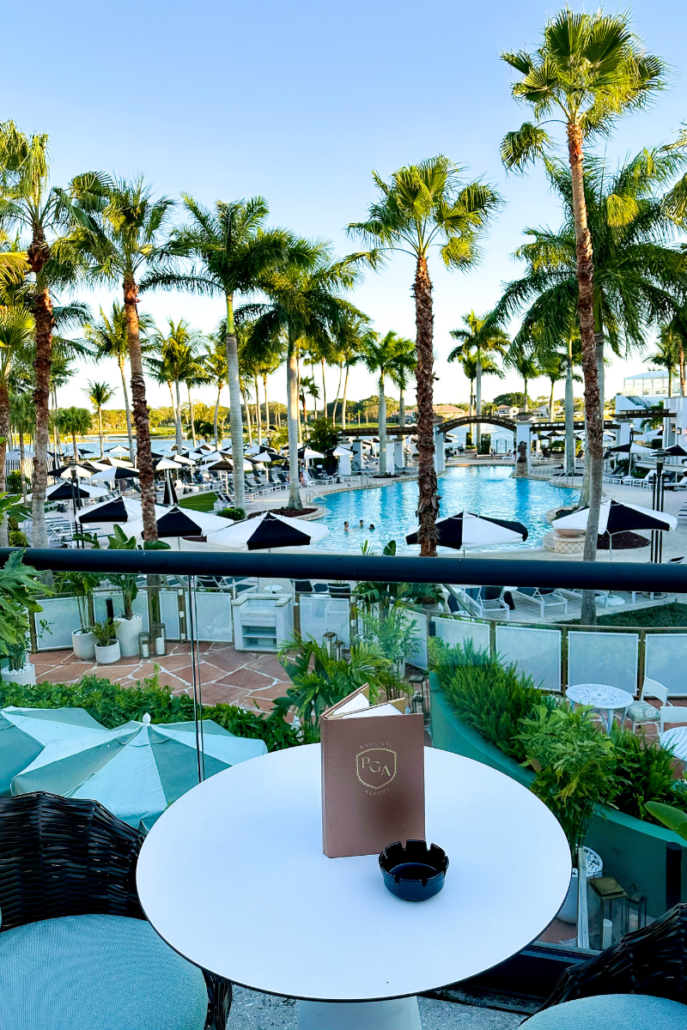
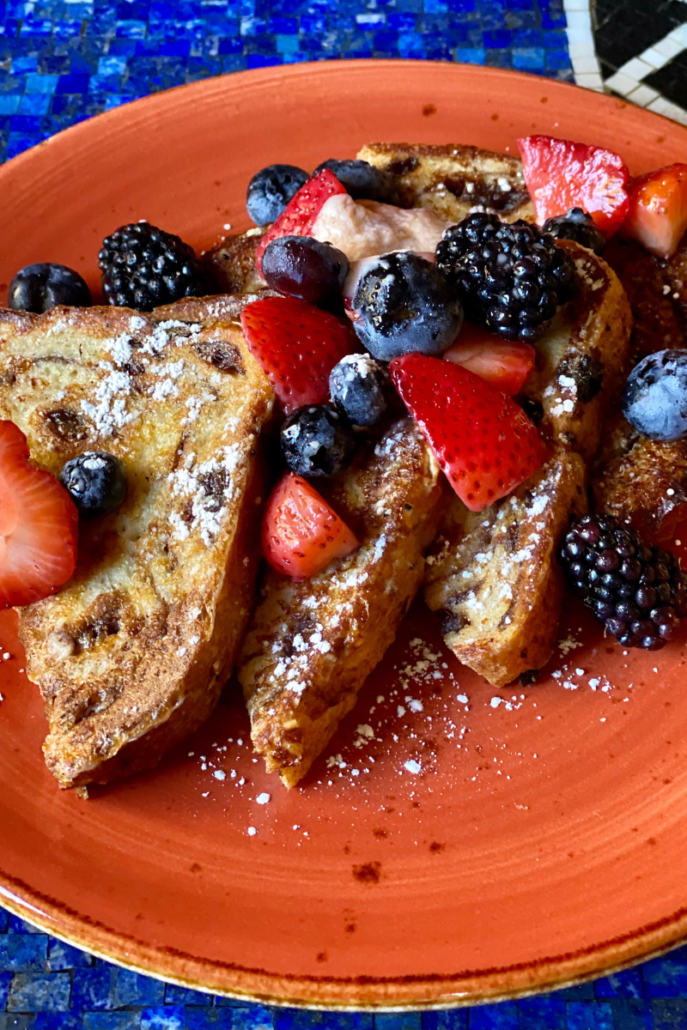
CENTRAL/SOUTH AMERICA:
US dollars are usually accepted, although the local currency is preferred. Exchange money at an ATM or the airport upon arrival.
Transportation: Round up on the meter or tell the driver to “keep the change” when using a taxi or transportation.
Hotel Staff: Customary is $1 per bag for porters and $1 to $2 a day for the housekeeping staff. Particularly in South America, haciendas are popular accommodations and usually attended to by a family or staff who cook, clean, etc., so leaving a pooled tip at the end of your stay of approximately $10 to $15 per guest is appreciated.
Food/Beverage Service: As a general rule, tipping 10% of the total in most restaurants is acceptable and expected to be paid in cash. In many restaurants, there is a cubierto charge, which generally means a charge for the table not intended to go to the server. In Colombia, most restaurants have a 10% voluntary service fee, Propina Voluntaria.
Touring: For a half or full-day tour, $10 per day, depending on the nature of the tour. If it’s a multiday trek or expedition with guides/porters, then tip closer to $20 per day. Drivers typically receive lower amounts, normally around $5 per day.
The exception to the RULE: In Brazil, tourism industry professionals rely heavily on tips, and more generous amounts are appreciated. Also, worth noting that Brazilians are discreet when it comes to business transactions, so don’t make your generous tipping obvious!
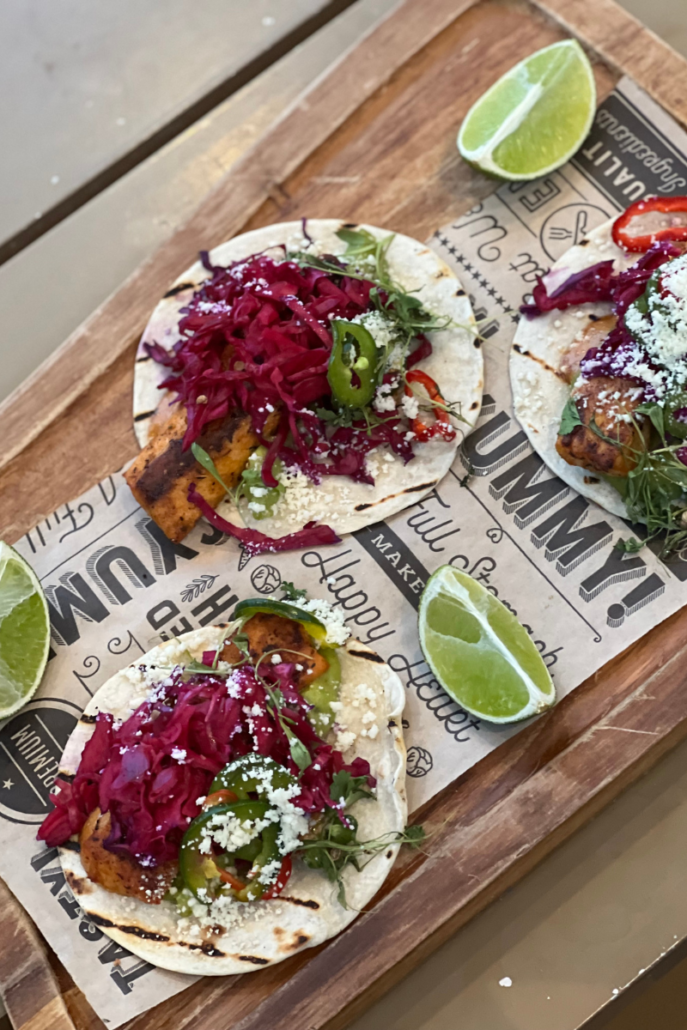

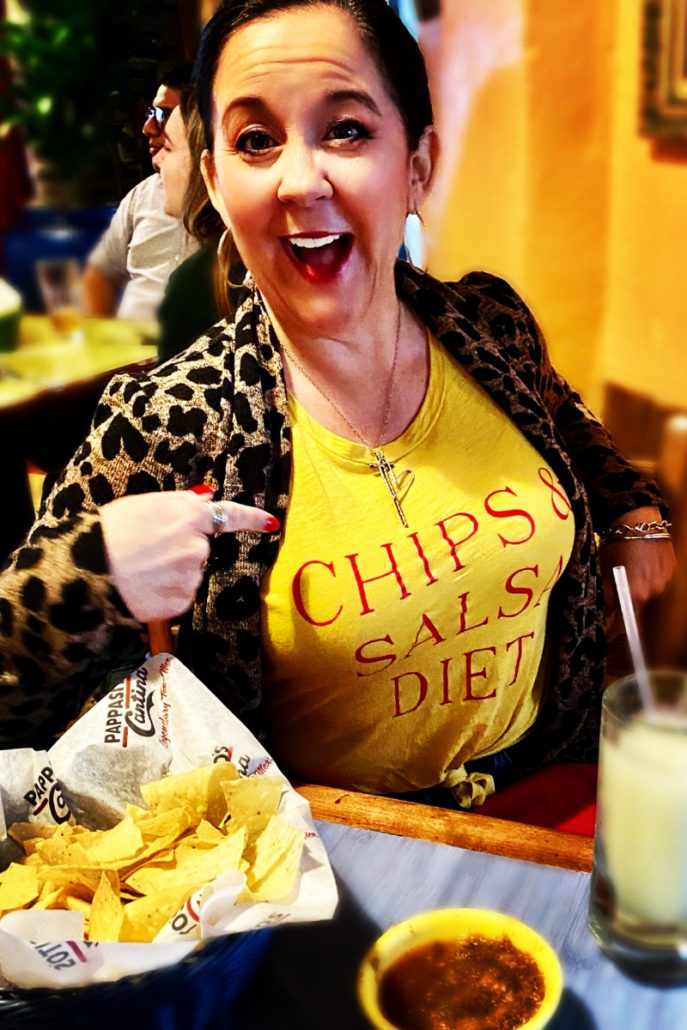
EUROPE:
Transportation: Across Europe, tipping is not expected at all. Rounding up on the fare is customary, though. Exceptions are as follows: France, Russia, and Switzerland often expect a 10 to 15% tip at the end of a ride. Scandinavia and Iceland taxis do not expect a gratuity at all.
Hotel Staff: If you use a porter or bellman upon arriving at the airport or when you arrive at the hotel, $1-$2 a bag is appropriate. It’s common practice to leave a small tip for the housekeeping staff, normally $3 to $5 per day. If you are a complete slob, then I suggest a few extra dollars to clean your mess.
Food/Beverage Service: Many European countries will add a service charge to a bill, but if not, leave 5% and 10% (in local currency). Some of the European countries like Italy, for example, do not add a service charge or expect a tip, but the common practice of rounding up the bill is appreciated. Both Iceland & Scandinavia are expensive destinations to visit, and gratuity is covered in the price of their meal.
Touring: When scheduling an organized tour, tip both the guide and driver separately about 10-20% per day of the tour depending on your enjoyment of the tour.
The exception to the RULE: Switzerland went so far as to abolish tipping several decades ago. Since then, service charges (by law) must be included in published prices, so there is no obligation to tip people in the service industry.


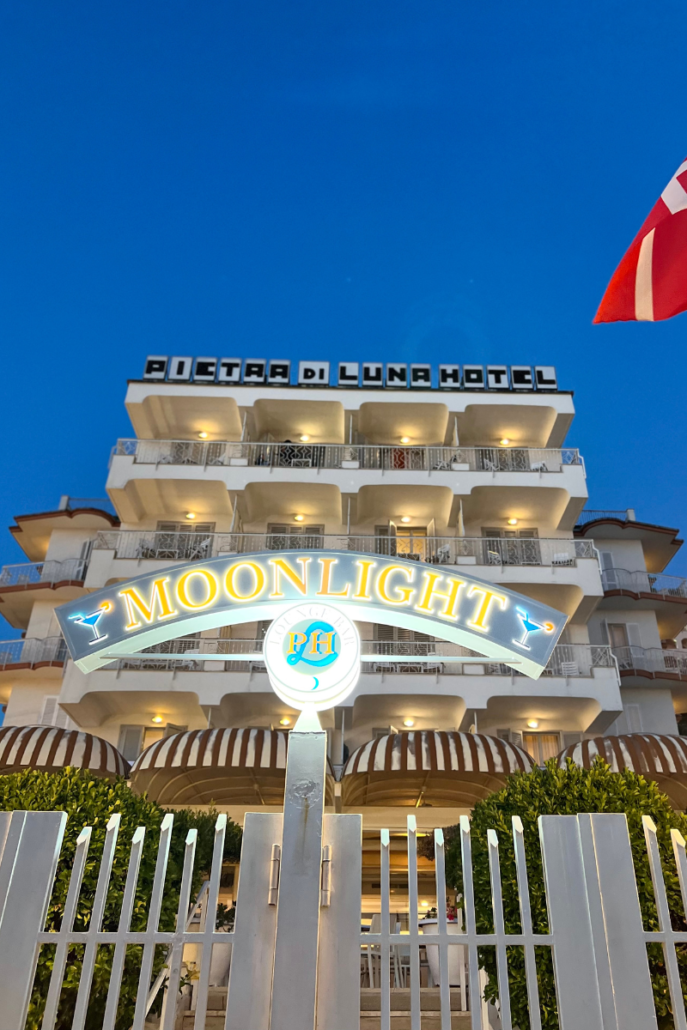
AFRICA:
Transportation: Round up the fare or keep the change for taxis. If a longer trip, a 10% gratuity is recommended.
Hotel Staff: $1 per night for housekeeping, $1.50-$2 for a porter or doorman assistance.
Food/Beverage Service: customary to leave a 10 to 15% for good service in restaurants, as is rounding up the bill in bars. Most of Africa’s service industry earns a basic living wage. Therefore, tips are welcomed and appreciated. Popular restaurants in hotspots like Egypt, Morocco, and South Africa will add a 10% service charge to the bill. If there is not, leave 10 to 15% if you were happy with your service.
Touring: On safari drives, the general custom is to tip your guide the local currency equivalent to $10 and your tracker $5 per day. Roughly that’s $15-$20 per person per day. Since safaris are quite the norm in Africa, it is always best to tip just once and always at the end of your stay at each lodge, camp, or hotel.
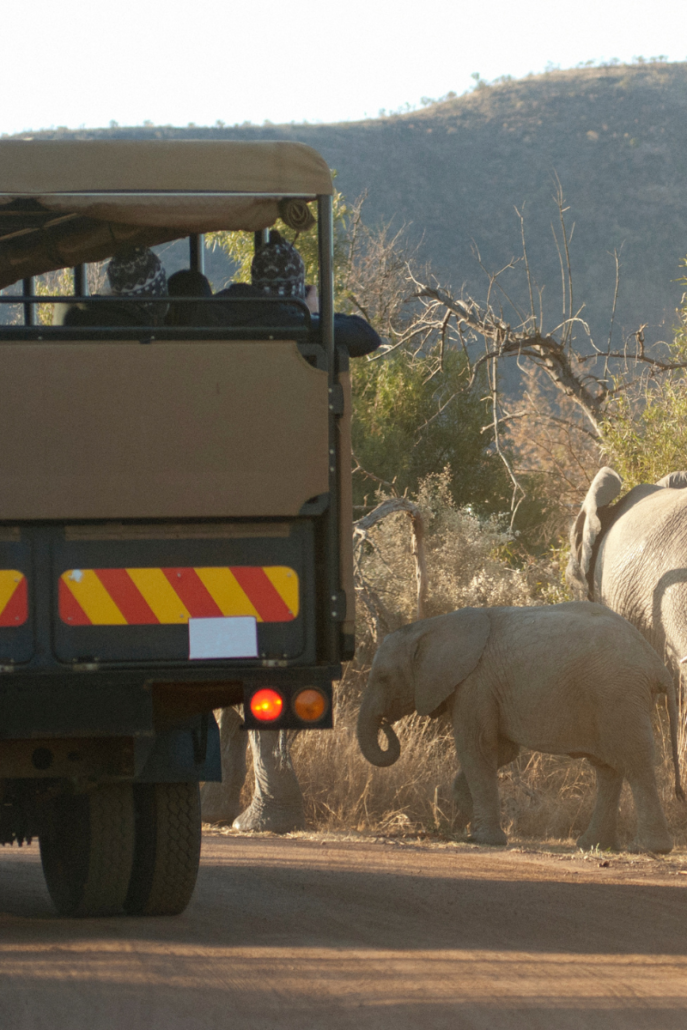
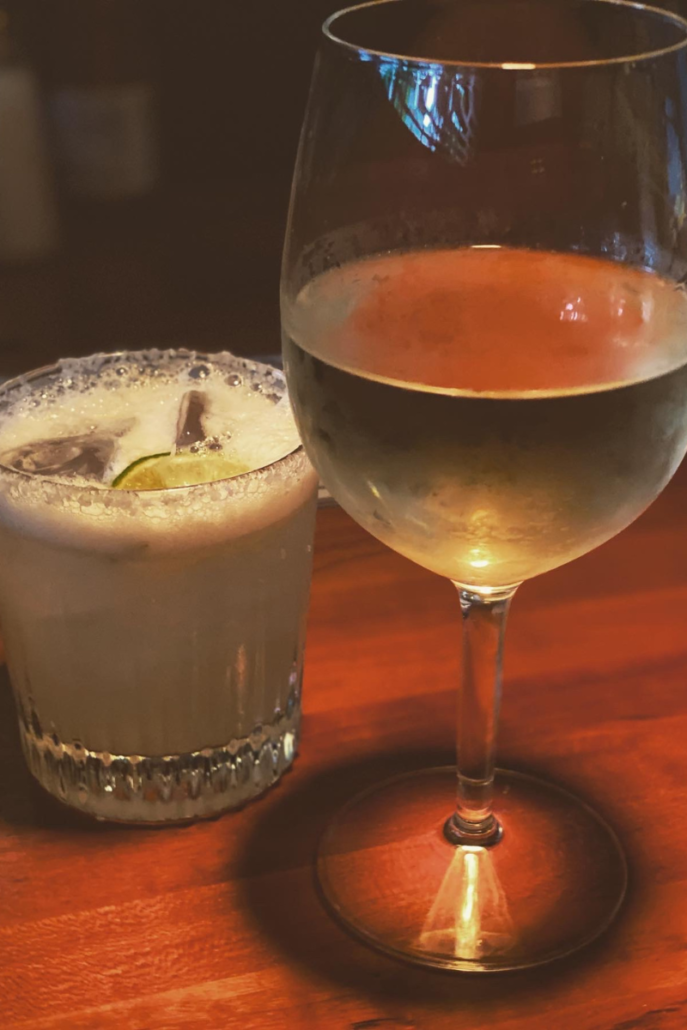
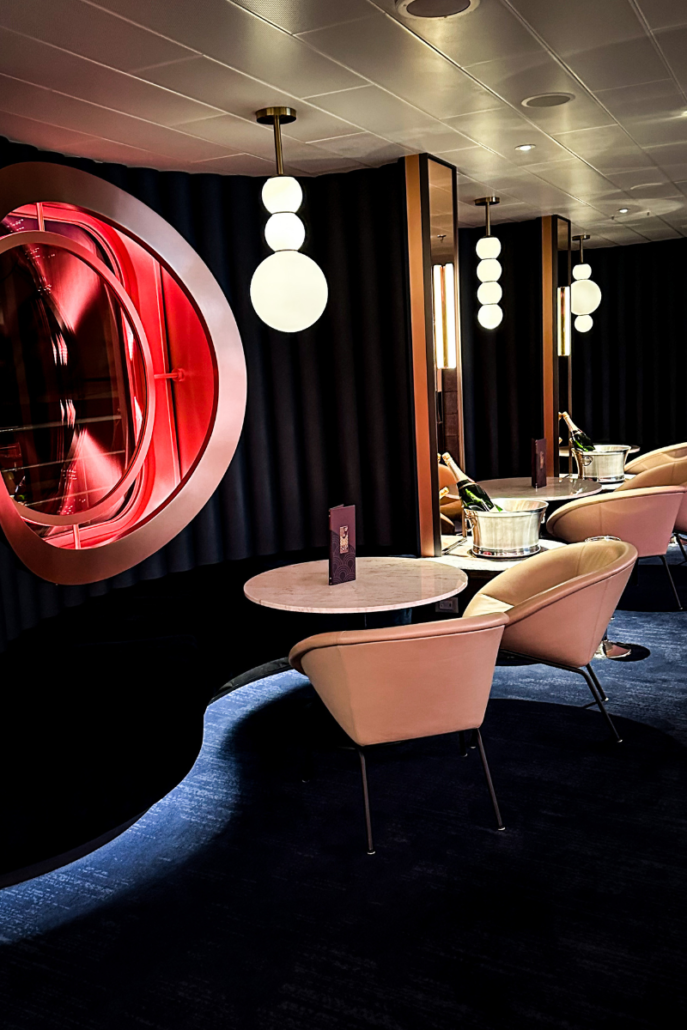
ASIA:
Both China and Japan do NOT have a tipping culture, and as a matter of fact, it is considered an insult to do so. The reason being is that employers include higher service standards as part of their wages.
If you decide to extend a gratuity, be discreet by placing the tip inside an envelope and hand it over as a gift rather than as a cash gratuity.
Transportation: Round up the fare or keep the change for taxis or ride services.
Food/Beverage Service: In most cases, a 10% service charge is added to the bill. If you feel obliged for exemplary service, leave a small gratuity. In luxury hotel properties & fine dining restaurants plus Westernized establishments, a gratuity of 10% is expected if it’s not included on the bill.
Touring: Those working in the tourism industry, such as group tour guides/drivers, appreciate a gratuity. Normally 5-10% of the cost of the tour.
The exception to the RULE: In Hong Kong and Macau, tipping is regarded a bit differently due to the Great Britain and Portugal influence. Therefore, the culture is more in line with the European experience.
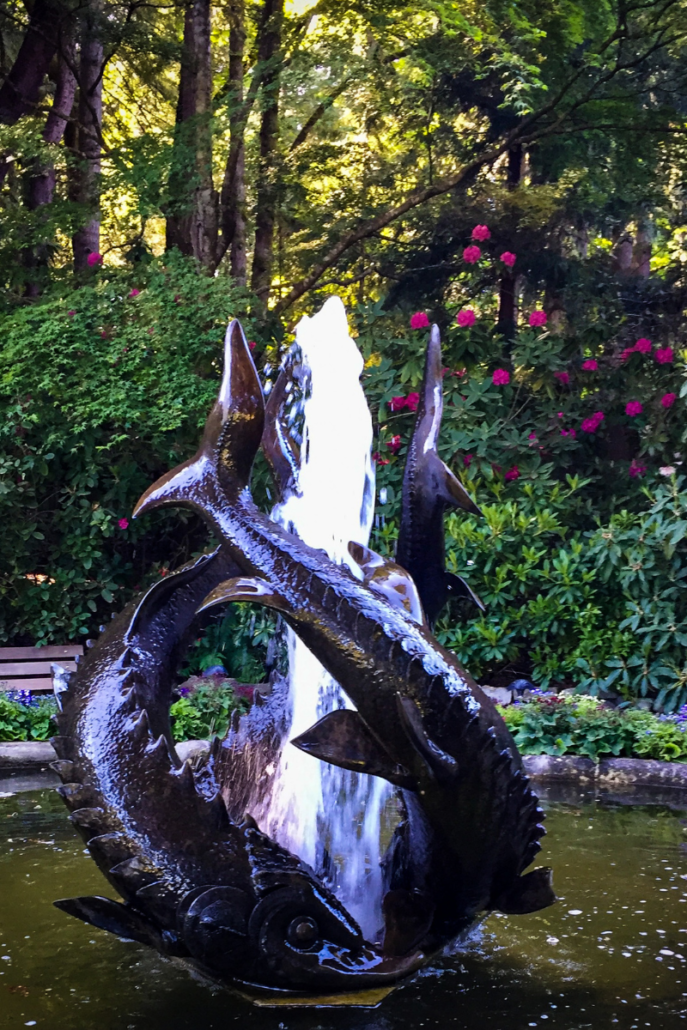
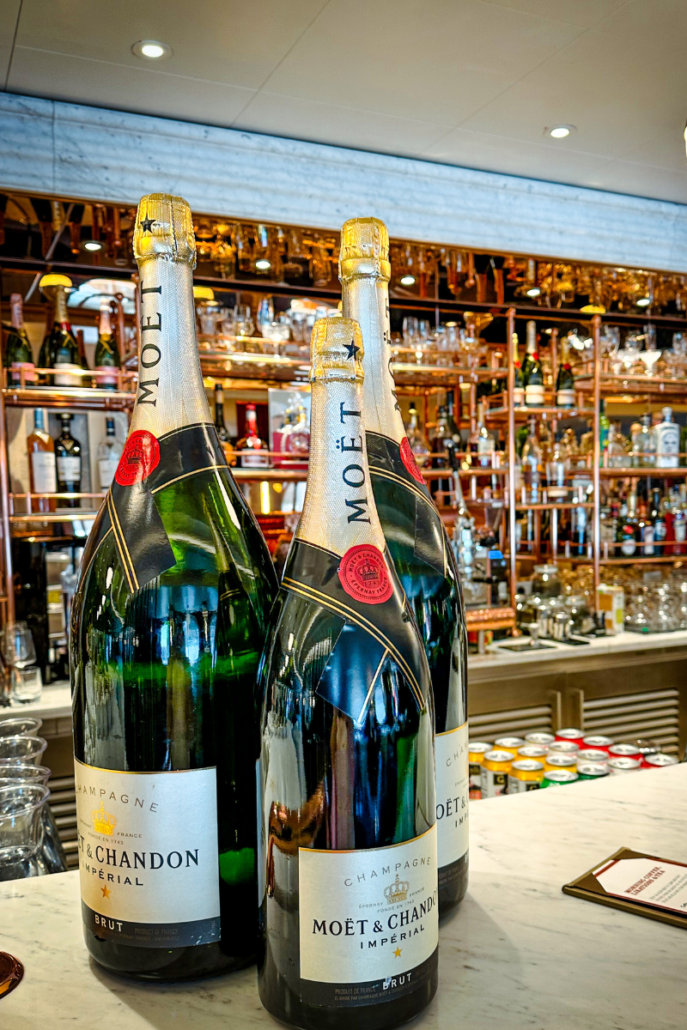

AUSTRALIA/NEW ZEALAND:
In Australia, it’s not a common practice to extend a gratuity, and it can sometimes make the recipient a bit uncomfortable. Service workers are paid adequately, so they do not depend on gratuities. There is a 10% goods and services tax on every bill. In all services, tipping is not expected, but customary to round up or ‘keep the change”. If you feel some inclined, a 10% tip is the standard. New Zealand is similar to Australia in its tipping customs, however, a 10% tip for great service is appreciated.
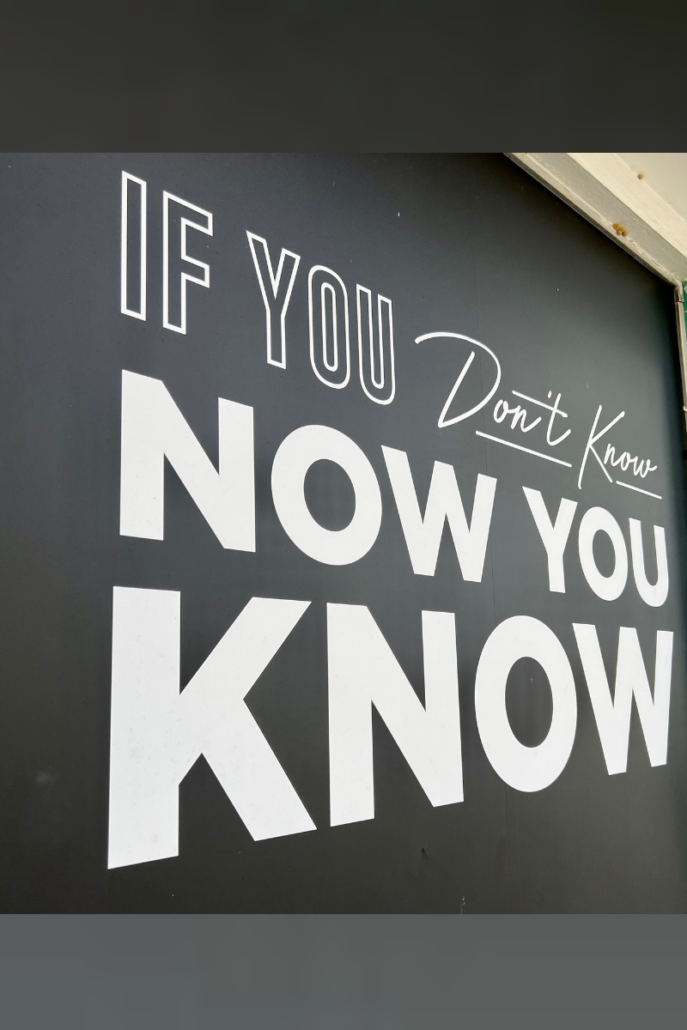
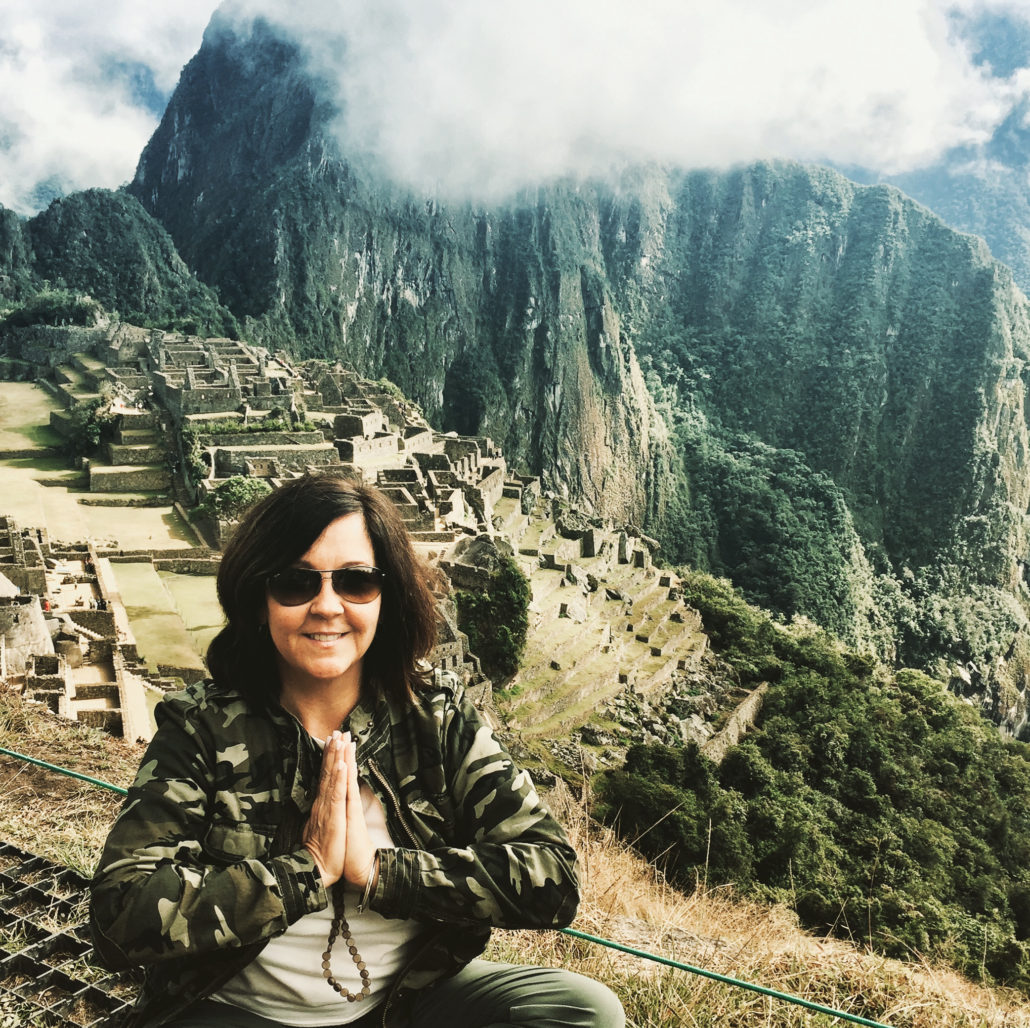
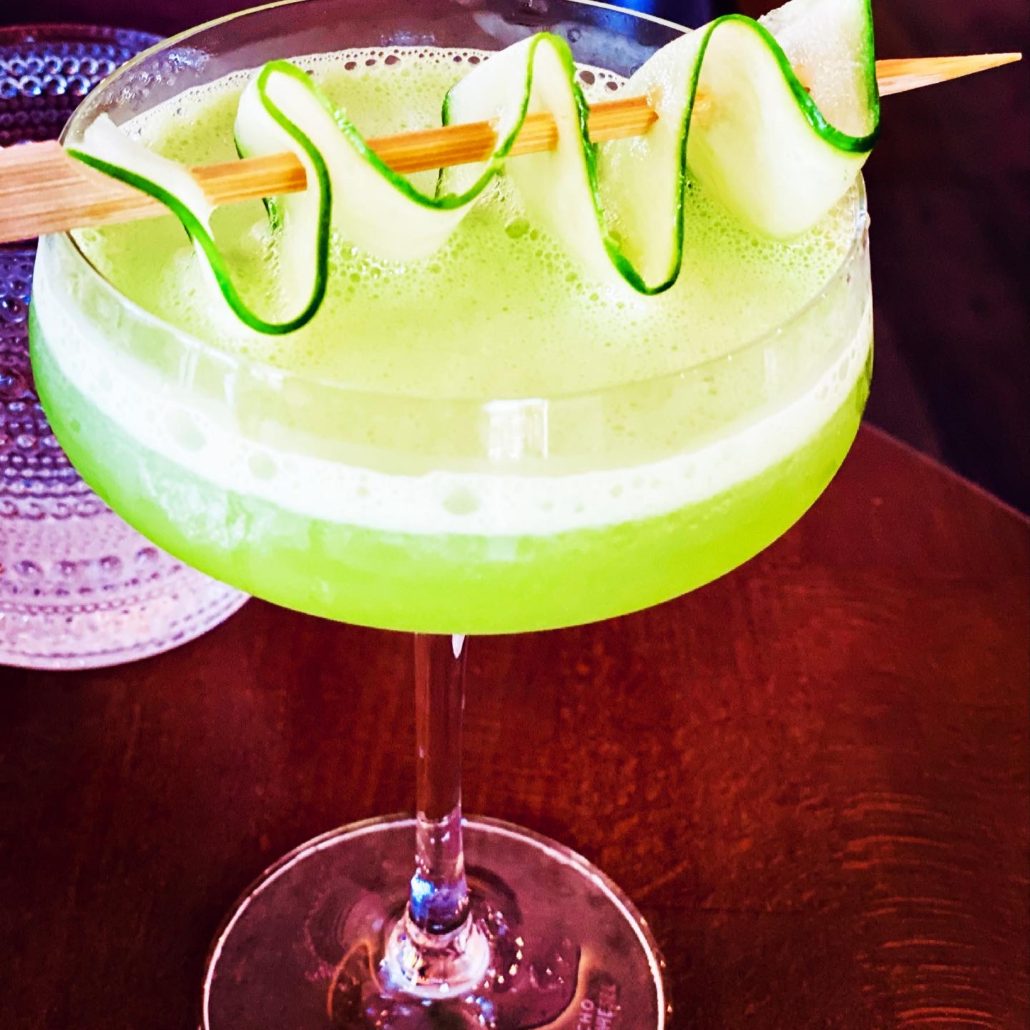
ADDITIONAL ETIQUETTE:
Always use your best judgment. When in doubt, look around or ask a local or even a fellow traveler about the tipping etiquette in your location.
Use the country’s own currency when possible. Use an ATM or bank before or upon arrival to have some cash in hand for gratuities.
If you use a concierge or have a butler service, use your discretion on how much depending on what services they have provided for you during your stay. Be generous as you are asking for their help!
Valet service typically expects a few dollars. If you’re staying at a hotel for longer than a few days and will be in and out often, start with a larger tip and advise the valet that you will be coming and going frequently.
Here’s a great article for additional resources –
